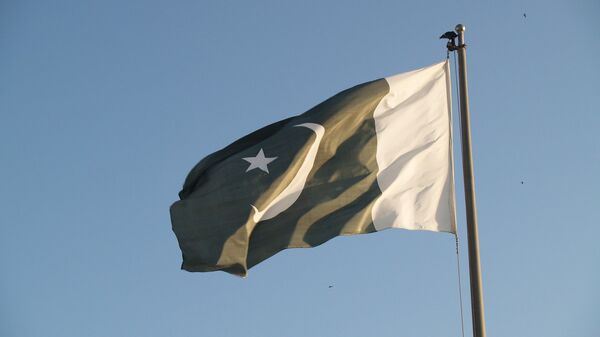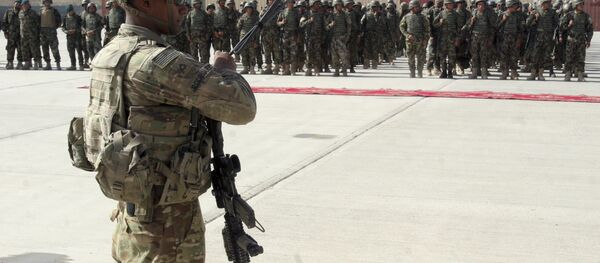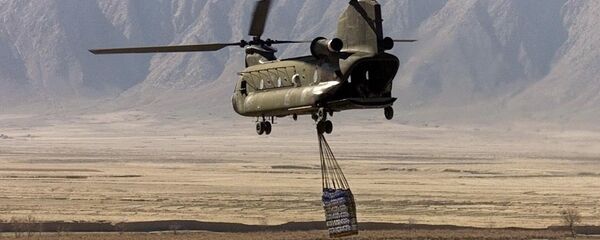WASHINGTON (Sputnik) — On Monday, Trump presented a new integrated strategy for the United States' South Asia policy. During his speech, the US leader called out Pakistan for frequently providing terrorists with "safe havens," saying that Islamabad could either benefit from its partnership with the United States in Afghanistan or lose out if it supported terrorists.
"Get tough with Pakistan and the [US-NATO] fuel for fighting in Afghanistan, which comes through Karachi, dries up," Giraldi said on Tuesday. "What a stupid speech."
The port of Karachi represents Afghanistan’s only access to maritime trade, not to mention US and NATO forces have heavily relied on supply routes in Pakistan. In 2011, Islamabad shut down NATO supply routes, which at the time were used for sending half of the alliance’s land shipments, after tensions soared with Washington.
"The argument about preventing the Taliban from attacking the United States… is nonsense. That is not the Taliban's agenda," he said. "The so-called intelligence suggesting that it [the Taliban] is joining forces with IS [Daesh terrorist group] and al-Qaeda is little more than a community of interest in Pakistan, where they are all hanging out."
All trump’s new strategy would do would be to pass the problem of how to withdraw from Afghanistan down the road to his successor, just as Bush and Obama had left it for him, Giraldi observed.
"It's called kicking the can down the road while making the war go away by not talking about it from now on," he said.
Philip Giraldi is executive director of the Council for the National Interest, a group that advocates more even-handed US government policies in the Middle East.
On Tuesdasy, the Pakistani Foreign Ministry said in a statement that it supports efforts aimed at restoring peace and stability in Afghanistan.
The United States and its allies launched a military operation in Afghanistan in 2001 following 9/11 terror attacks. The mission in Afghanistan ended in 2014. On January 1, 2015, NATO announced its new mission in the country, called Resolute Support, to train and assist the Afghan security forces. More than 8,400 US troops remain in Afghanistan with an additional 5,000 NATO forces.




